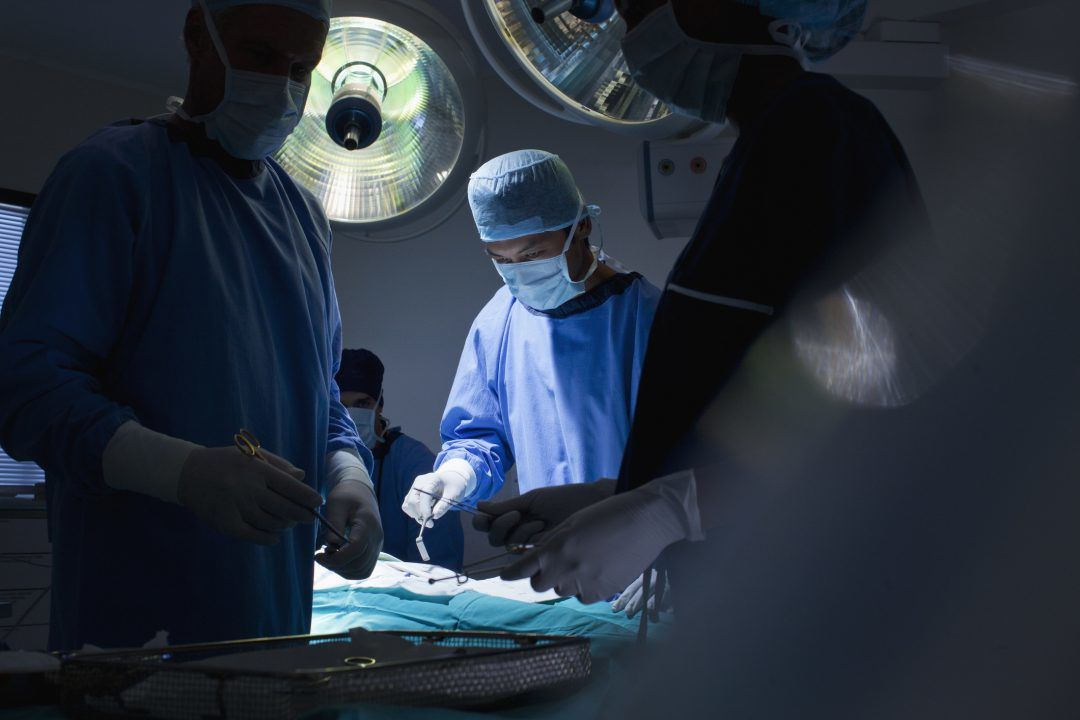Surgical patients who have recently had Covid-19 appear to have a higher risk of blood clots after their operation, a study suggests.
Researchers said increased surveillance of patients should be considered so they could get prompt treatment.
A team of researchers, led by experts at the NIHR Global Health Research Unit on Global Surgery in Birmingham, examined data on patients who needed both emergency surgery and pre-planned surgery in October 2020 to see whether they went on to develop a venous thromboembolism (VTE) in the month after their operation.
Academics examined data on more than 128,000 patients from 1630 hospitals across 115 countries.
Overall, 742 patients went on to develop a post-operative VTE – either a deep vein thrombosis, a pulmonary embolism or both.
Patients who were infected with the virus which leads to Covid-19 – Sars-CoV-2 – around the time of their operation were 50% more likely to have a VTE in the 30 days after their operation.
Those with a recent infection – within six weeks of their operation – had a 90% increased risk, according to the study published in the journal Anaesthesia.
Those who had a VTE around the time of their operation were also more likely to die in the 30 days after their operation compared with those who did not.
Co-author Elizabeth Li, general surgery registrar at University Hospital Birmingham, said: “People undergoing surgery are already at higher risk of VTE than the general public, but we discovered that a current or recent Sars-CoV-2 infection was associated with greater risk of post-operative VTE.
“Surgical patients have risk factors for VTE, including immobility, surgical wounds and systematic inflammation – and the addition of Sars-CoV-2 infection may further increase this risk.”
Co-author Aneel Bhangu, consultant colorectal surgeon from the University of Birmingham, said: “Increased awareness and surveillance should be considered.
“At a minimum, we suggest close adherence to routine standard VTE prophylaxis for surgical patients, including the use of anti-clotting medication when bleeding risk is minimal, and increased vigilance and diagnostic testing in patients presenting with signs of VTE, such as swelling in one calf, right-sided chest pain and shortness of breath.”
Follow STV News on WhatsApp
Scan the QR code on your mobile device for all the latest news from around the country


 iStock
iStock

























